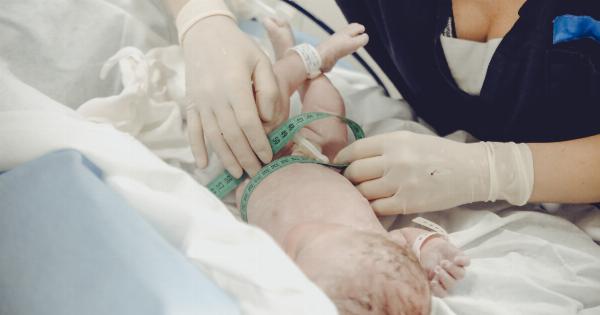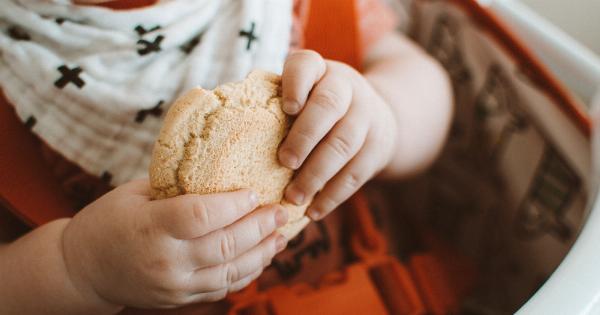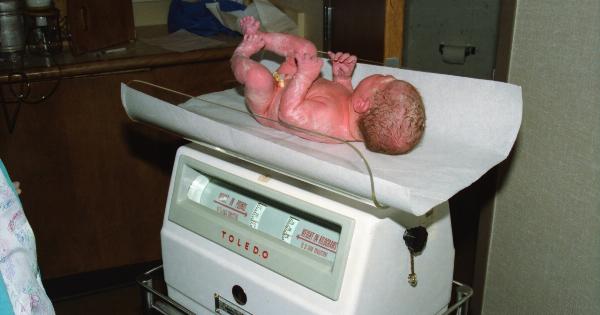Being a first-time mom can be overwhelming, especially when it comes to taking care of a newborn. You’re filled with love and excitement, but at the same time, you’re tired, stressed, and possibly unsure of what to do.
Here is a comprehensive guide on everything you need to know about taking care of your newborn.
Feeding Your Newborn
Feeding your newborn is one of the most important things you can do for their growth and development. Here are some things to keep in mind:.
Breastfeeding
If you’re planning on breastfeeding, it’s important to know that it can take a few days for your milk to come in. In the meantime, you can allow the baby to suckle on your breasts to encourage milk production.
Make sure you’re eating a healthy diet and drinking plenty of liquids to help with milk production. During the first few weeks, your baby will need to feed every two to three hours. Always consult with a lactation specialist if you’re experiencing any breastfeeding issues.
Bottle Feeding
Formula-fed babies need to be fed every three to four hours. Always sterilize bottles and nipples before use, and follow the instructions on the formula container to ensure you’re giving your baby the right amount of nutrients.
Bathing Your Newborn
Bathing your newborn can seem like a daunting task, but with a little practice, it becomes second nature. Here are some tips:.
Sponge Baths
During the first few weeks, it’s important to give your baby sponge baths until their umbilical cord falls off. Use a clean, damp washcloth to gently clean your baby.
Be sure to dry them thoroughly, especially in areas where the skin folds, such as the neck and underarms.
Tub Baths
After the umbilical cord falls off, you can start giving your baby tub baths. Make sure the water is warm, but not too hot. Fill the tub with just a few inches of water and support your baby’s head and neck while you wash them with a gentle baby soap.
Be extra careful when handling a soapy baby as they can be slippery.
Sleeping Arrangements
It’s important to create a safe sleeping environment for your newborn. Here are some things to keep in mind:.
Co-Sleeping
The American Academy of Pediatrics recommends that infants sleep in the same room as their parents, but not in the same bed. Consider using a bassinet or a co-sleeper for the first few months.
Crib Safety
If you’re using a crib, make sure it meets safety standards and there are no gaps where your baby’s head could get stuck. Use a firm and flat mattress with a tight-fitting sheet.
Do not use any loose bedding, such as bumper pads or blankets, as they can be a suffocation hazard.
Diapering Your Newborn
Diapering your newborn is going to become a daily routine. Here are some things to keep in mind:.
Disposable Diapers
Disposable diapers are convenient and come in a variety of sizes to fit your baby’s needs. Be sure to use a diaper that fits your baby snugly to prevent leaks.
Cloth Diapers
Cloth diapers are eco-friendly and can save you money in the long run. They also come in a variety of styles and designs. Be sure to wash them thoroughly and follow the manufacturer’s care instructions.
Caring for Your Baby’s Health
It’s important to keep your baby healthy and safe. Here are some tips:.
Doctor Visits
Your baby will need regular checkups and vaccinations. Follow your doctor’s recommendations and keep a record of all vaccinations and screenings.
Sick Baby
If your baby is sick, contact your doctor immediately. Symptoms such as fever, vomiting, and diarrhea can be serious in newborns.
Conclusion
Being a first-time mom can be stressful, but with a little knowledge and practice, taking care of a newborn becomes second nature. Remember to trust your instincts and seek help when you need it.































